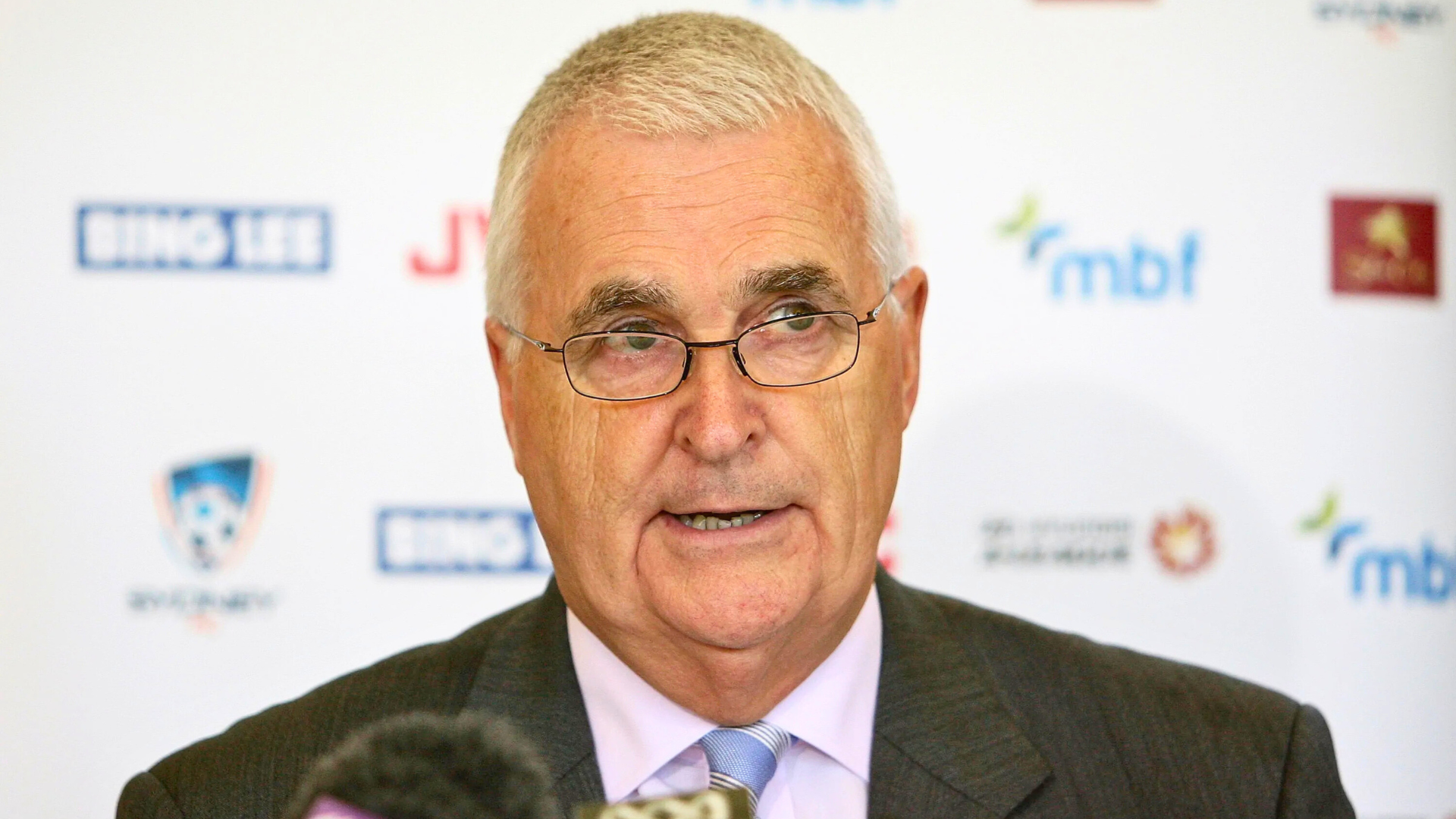The Australian football community is united in mourning the passing of Football Australia Hall of Fame Inductee, Stefan Kamasz, a revered figure whose contributions to the game shaped its landscape across decades.
Kamasz passed away peacefully at his home on Tuesday night at the age of 76, leaving behind a legacy of exceptional service and dedication to football in Australia. He was also a prominent Philhellene, with a love of the Greek island of Poros.
It is with great sadness that we share the news of the passing of Stefan Kamasz, a Hall of Fame Inductee and a towering figure in Australian football.
— Football Australia (@FootballAUS) January 8, 2025
Stefan’s immense contributions to our game over decades have left an indelible mark on the sport we all cherish.
Read more… pic.twitter.com/Z9L9BU67E9
Kamasz was born in England in 1949 and began his football journey playing for Farsley Celtic in the Yorkshire League. In 1969, he migrated to Newcastle, Australia, at the age of 19, joining Northern NSW club Weston Bears.
As a player, Kamasz achieved remarkable success, winning three championships in 1971, 1972, and 1973, after falling short in the 1969 Grand Final. These early years reflected his deep love for the game, which would continue to define his life and career.
After hanging up his boots, Kamasz transitioned into football administration, where his influence was profound. He served as Treasurer and later President of the Northern NSW Soccer Federation between 1978 and 1982, overseeing the creation of the Northern State League. His leadership extended nationally as a Director of the Australian Soccer Federation (ASF) and Team Manager of the Socceroos during their victorious Merlion Cup campaign in Singapore in 1982.
Kamasz’s administrative acumen shone during his tenure as General Manager of the National Soccer League (NSL) from 1982 to 1988 and again from 1996 to 2004. He was instrumental in professionalising the league and establishing its key accolades, including the Joe Marston Medal for the Grand Final’s best player and the Johnny Warren Medal for the league’s most outstanding player. These awards remain cornerstones of Australian football today.
In addition to his work in the NSL, Kamasz served as Acting CEO of Soccer Australia and later as CEO of A-League club Sydney FC. He was also General Manager of Sydney Olympic FC from 1990 to 1993, Head of Competitions for Football NSW from 2005 to 2006, and CEO of the Johnny Warren Football Foundation.
When the NSL was restructured in 2004, Kamasz played a key role in the development of the A-League as a member of the implementation panel responsible for the landmark Kemeny Report.
Kamasz’s dedication extended to governance, serving on the Board of Football Australia from November 2020. He was an active member of the Football Australia Referees Committee and the Football Development Committee, contributing his wealth of knowledge and strategic insight. Kamasz stepped down from the Board in March 2022 due to personal reasons but remained a passionate advocate for the game.
His lifetime achievements were recognised when he was inducted into the Football Australia Hall of Fame in 2014.
Beyond his formal roles, Kamasz was known for his mentorship, kindness, and ability to inspire those around him. His vision for football as a unifying force for communities was deeply felt, and his influence extended from grassroots initiatives to the elite levels of the sport.
Anter Isaac, Chairman of Football Australia, paid tribute to Stefan’s immeasurable contributions: “Stefan Kamasz was a giant of Australian football, whose influence and vision have left an enduring legacy.”
“His dedication to the game, from grassroots to the professional level, helped shape the sport we know and love today. Stefan’s knowledge, leadership, and passion for football inspired so many within our community,” Isaac added.
“Stefan was universally admired across the Australian football community as both a pioneering sports executive and a dignified gentleman who consistently championed the protection and well-being of everyone within the football family.
“He will be deeply missed, but his contributions will never be forgotten. On behalf of Football Australia and the entire Australian football family, I offer our sincerest condolences to his family, loved ones, and friends during this difficult time.”
As people honour the remarkable life and contributions of Stefan Kamasz, Football Australia extended its deepest condolences to his family, friends, and all those who were privileged to know and work with him.
